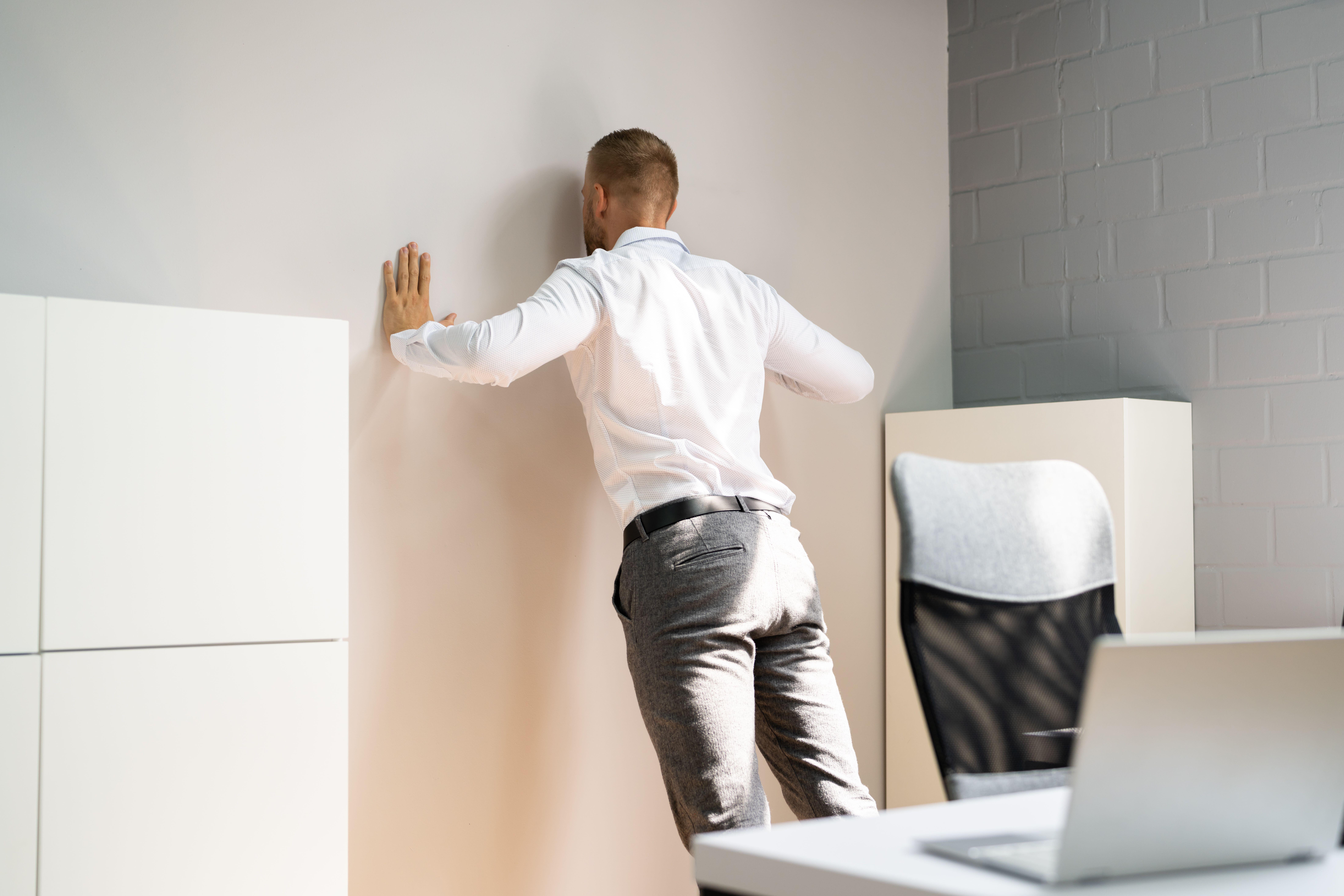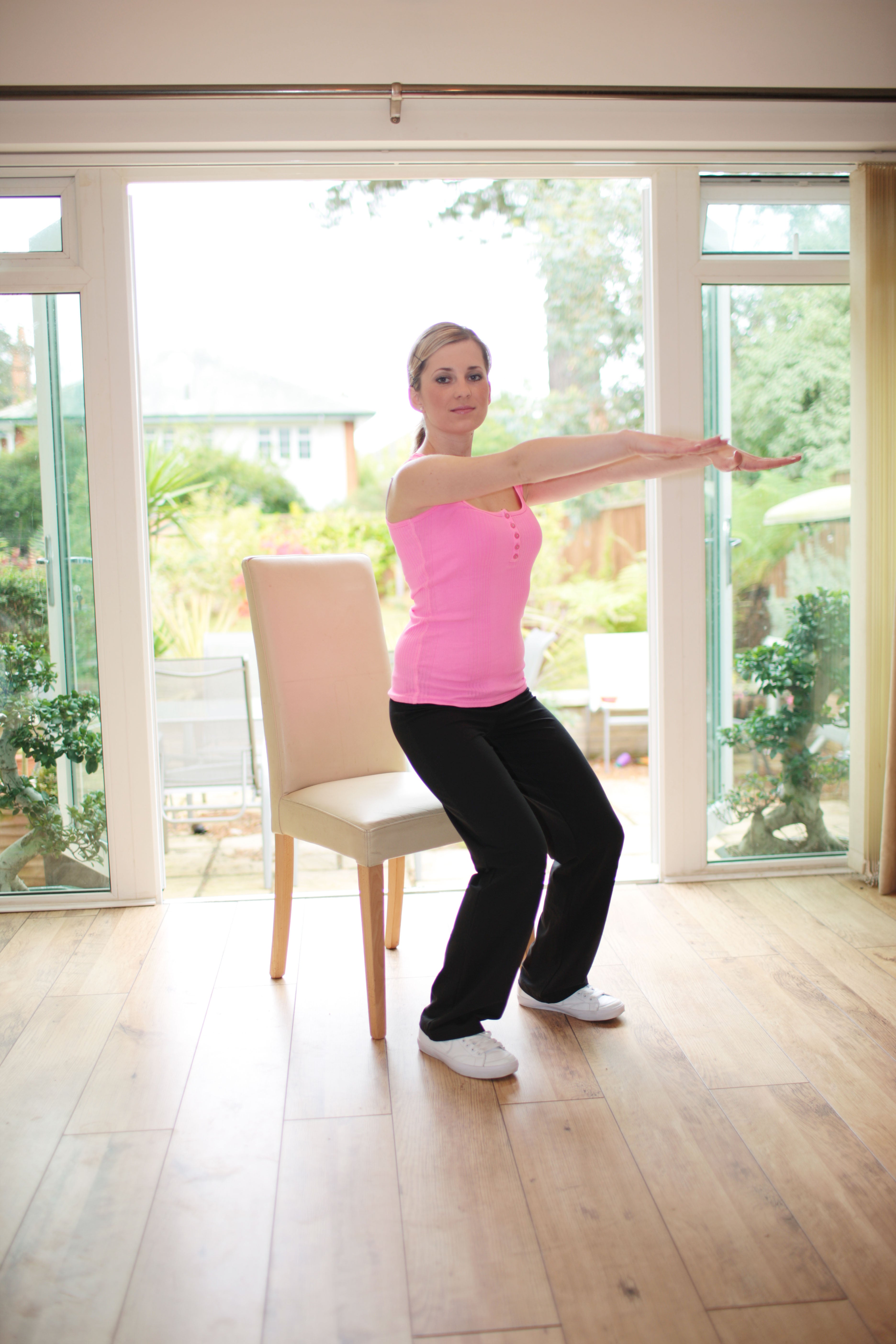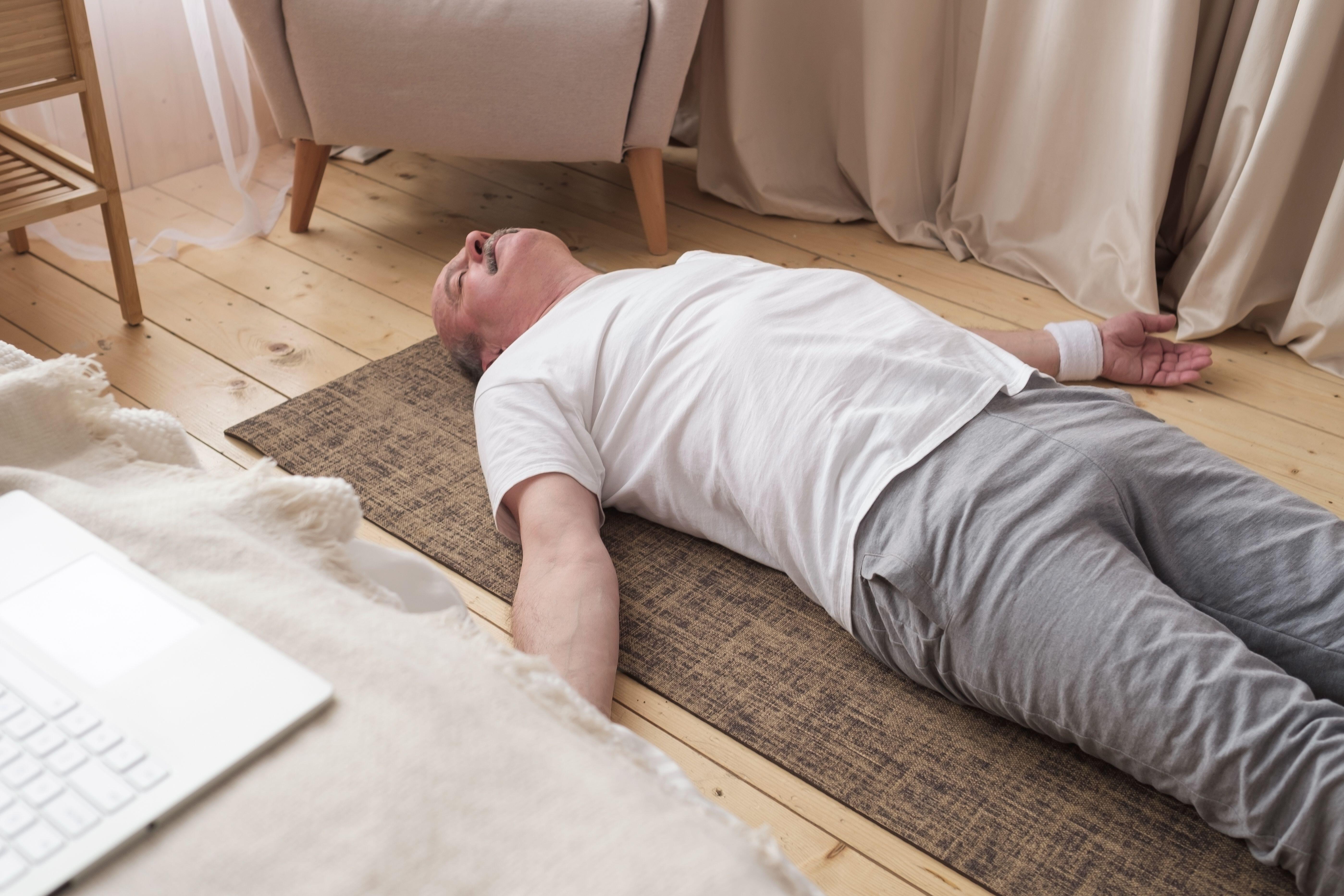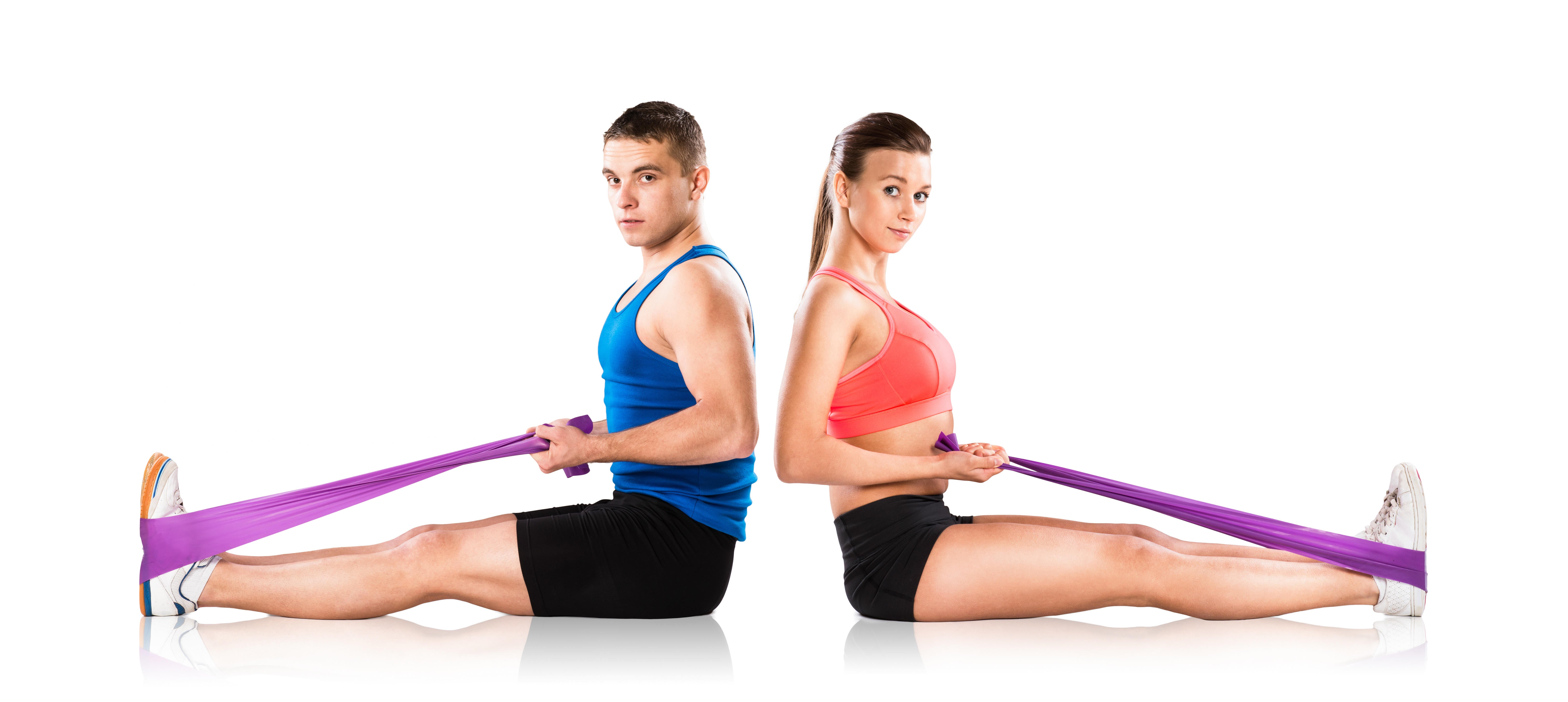The Independent's journalism is supported by our readers. When you purchase through links on our site, we may earn commission.
Fitness experts on the indoor exercises you should try this winter
And why they are so good for you

Your support helps us to tell the story
From reproductive rights to climate change to Big Tech, The Independent is on the ground when the story is developing. Whether it's investigating the financials of Elon Musk's pro-Trump PAC or producing our latest documentary, 'The A Word', which shines a light on the American women fighting for reproductive rights, we know how important it is to parse out the facts from the messaging.
At such a critical moment in US history, we need reporters on the ground. Your donation allows us to keep sending journalists to speak to both sides of the story.
The Independent is trusted by Americans across the entire political spectrum. And unlike many other quality news outlets, we choose not to lock Americans out of our reporting and analysis with paywalls. We believe quality journalism should be available to everyone, paid for by those who can afford it.
Your support makes all the difference.During the winter months you might find it even harder to find the motivation to get out there to the gym.
However, staying active throughout winter is incredibly important as it helps maintain strength and balance, plus can dramatically help boost our mood and energy.
Doing regular exercises could also to improve balance and stop slips and falls during the winter months.
Here, fitness experts have suggested six easy indoor exercises that you can do from the comfort of your own home.
1. Chair squats

All you need for this one is a chair and possibly a mirror if you want to focus on improving your posture.
“Stand in front of a sturdy chair with feet shoulder-width apart and lower your body by bending at the hips and knees as if you’re going to sit down,” instructs Michael Betts, personal trainer and director of TRAINFITNESS. “Lightly touch the chair with your bum without fully sitting and then stand back up to the starting position.
“This works your quadriceps, hamstrings and glutes, and will help improve your balance and mobility.”
2. Wall push-ups

Push-ups can be adapted to suit all different abilities.
“Stand a few steps away from a wall, place your hands on it at shoulder height and slowly push your body toward the wall and back,” says Rowan Clift, training specialist at AI-based fitness and lifestyle coaching app Freeletics.
“This works out your chest, shoulders and arm muscles, and helps build upper body strength and improves posture.”
3. Supported single leg stands
Try doing a couple of repetitions of this one every day if you want to improve your balance.
“Stand next to a chair or wall for support and shift your weight onto one foot,” says Betts. “Lift the other foot slightly off the ground and hold for 10-15 seconds, then switch legs.
“This works your leg muscles and core and will help improve your balance and stability.”
4. Heel-to-toe walks
“Walk in a straight line, placing the heel of one foot directly in front of the toes of the other,” coaches Clift. “Use a wall or counter for balance if needed.
“This works the lower legs and core and helps improve balance and coordination which reduces the risk of falls.”
5. Core vacuum exercises

“Lie on your back with your knees bent and take a deep breath in, pushing the belly outwards,” says Michael Fatica, lead consultant osteopath at online back rehabilitation program, Back In Shape. “Breathing out, pull your belly button and hold this position for three seconds and then repeat. Your spine should remain still, in a neutral position.”
This exercise works out your transverse abdominis, internal and external abdominal obliques and is good for people who suffer with frequent back and neck pain.
“It teaches you to activate those muscles that brace the lumbar spine,” says Fatica. “By performing these on a regular basis, it will enable you to progress your rehabilitation and build true back health and strength, to preserve mobility as we age.”
6. Seated row with resistance band

“Sit on the floor with legs extended and loop a resistance band around your feet, holding the ends with both hands,” says Betts. “Keep your back straight and pull the band toward your waist, squeezing your shoulder blades together then slowly return to the starting position.
“This exercise strengthens the back muscles and improves posture.”